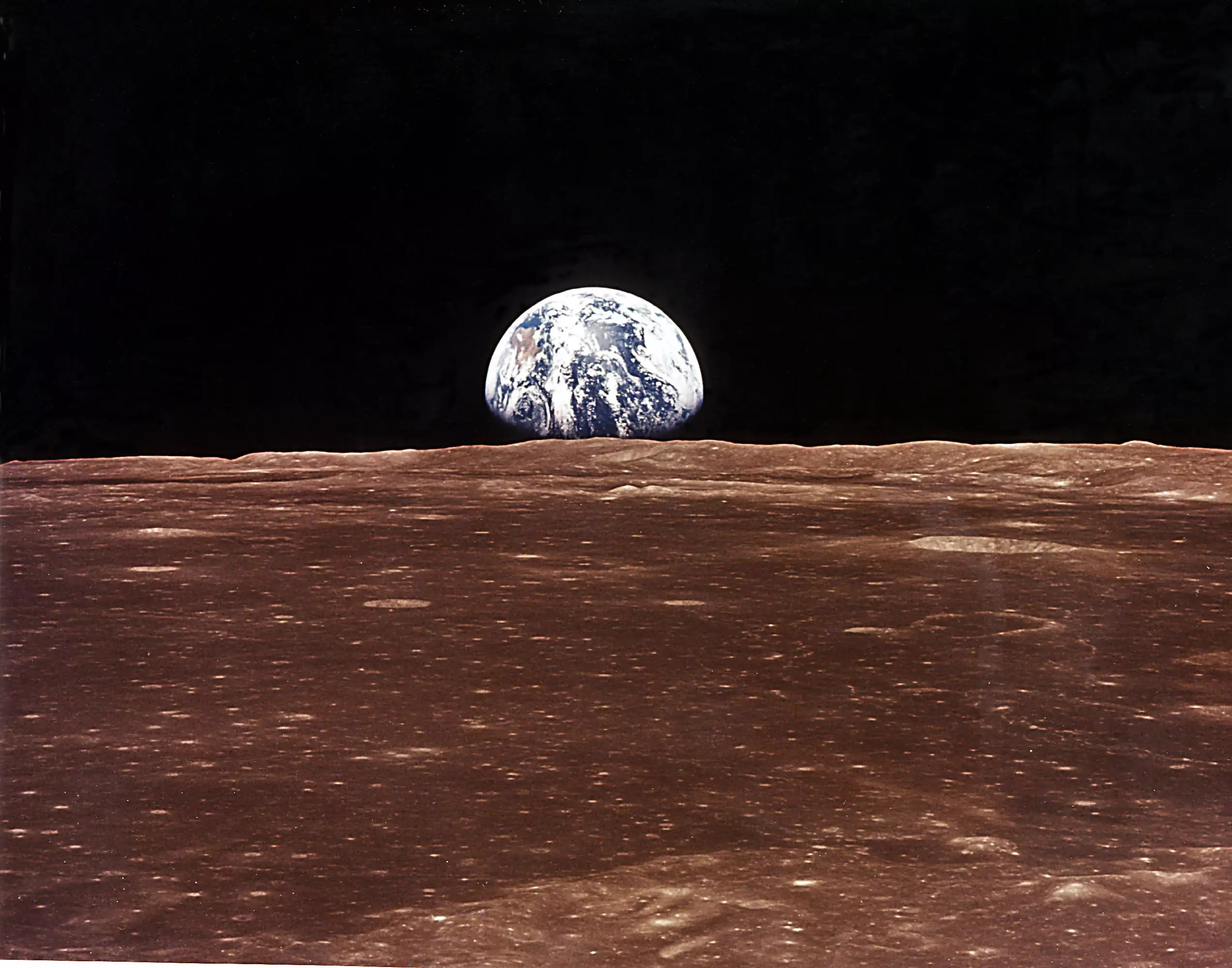
If you feel like your days at work seem to get longer and longer... well, they might actually be.
Scientists have revealed that days on Earth are increasing in length as the moon gradually moves away from our planet, reports the Mail.
Advert
In truth, the lengthening is so gradual that even the longest, draggiest, check-the-clock-every-15-minutes day in the office is probably not going to be explained away by it. Thanks, science.
However, the boffins have revealed that days - which, for those of you who don't remember science lessons at school, are calculated by the amount of time that it takes the Earth to rotate once on its axis - were actually only 18 hours long 1.4 billion years ago, as opposed to 24 hours now.

As the Moon was previously closer to the Earth, the effect of its gravity was stronger, thus it caused a much faster rotation of the Earth, resulting in the 18-hour day.
"As the moon moves away, the Earth is like a spinning figure skater who slows down as they stretch their arms out," said Professor Stephen Myers of the University of Wisconsin-Madison in the United States, who co-authored the study.
Advert
The study of astronomy, geology and the effect of time on them both is known as astrochronology and can deliver vital insights into how our planet came to sit at the current position that it holds in space.
"One of our ambitions was to use astrochronology to tell time in the most distant past, to develop very ancient geological time scales," said Professor Myers.
"We want to be able to study rocks that are billions of years old in a way that is comparable to how we study modern geologic processes."
Advert
The Earth is held in a delicate gravitational balance, with a variety of forces impacting on our exact position in space and our exact orbit around other bodies.
Slight changes in gravitational pulls can alter life on Earth significantly: a change in one planet's orbit could change our orbit in relation to the Sun, which would then change where the Sun's light hits the Earth, which in turn would dramatically change our climate.
The scientists behind this study, which was produced for the Proceedings of the National Academy of Sciences journal, studied rocks in northern China and in the South Atlantic Ocean, using layers within the ancient rocks to monitor how long days were in the distant past.
Advert
Using the information that they observed over significant periods of time, they could then extrapolate the rate at which the Moon is moving away from the Earth, which is just 1.5 inches per year.
Featured Image Credit: 20th Century FoxTopics: Science, World News, Moon, Earth, Time
